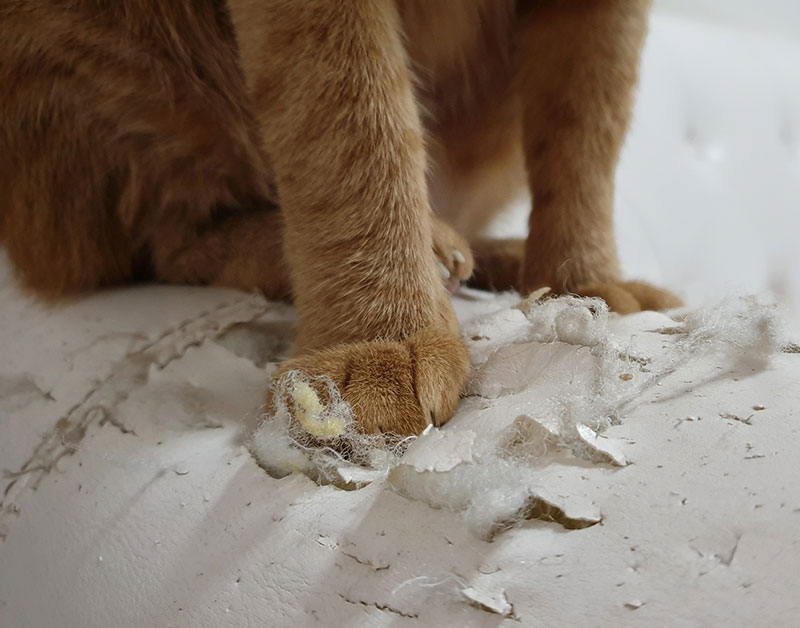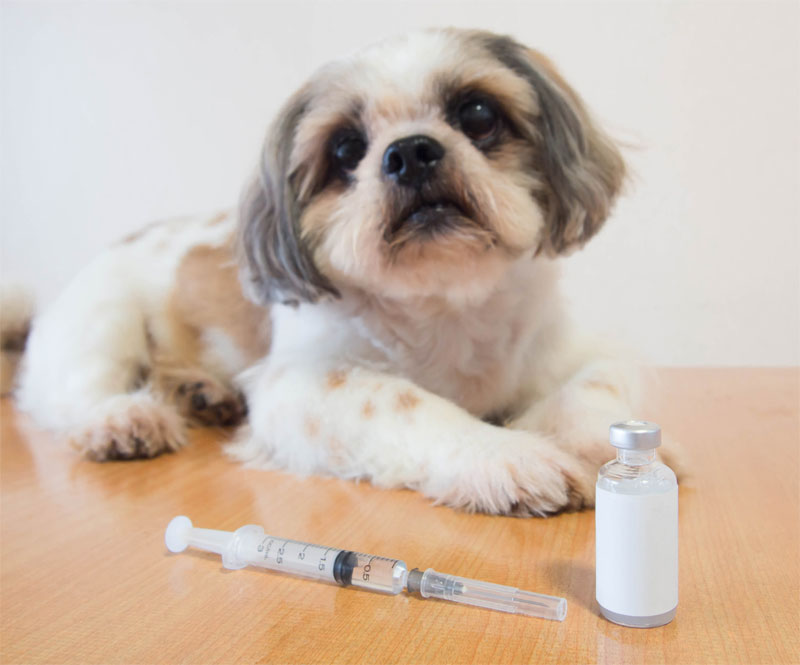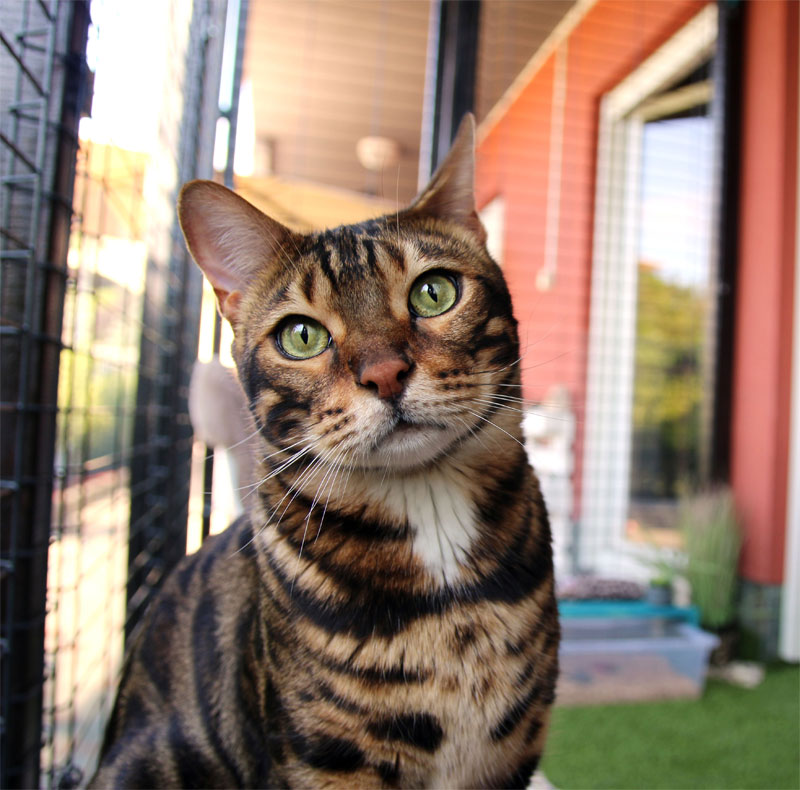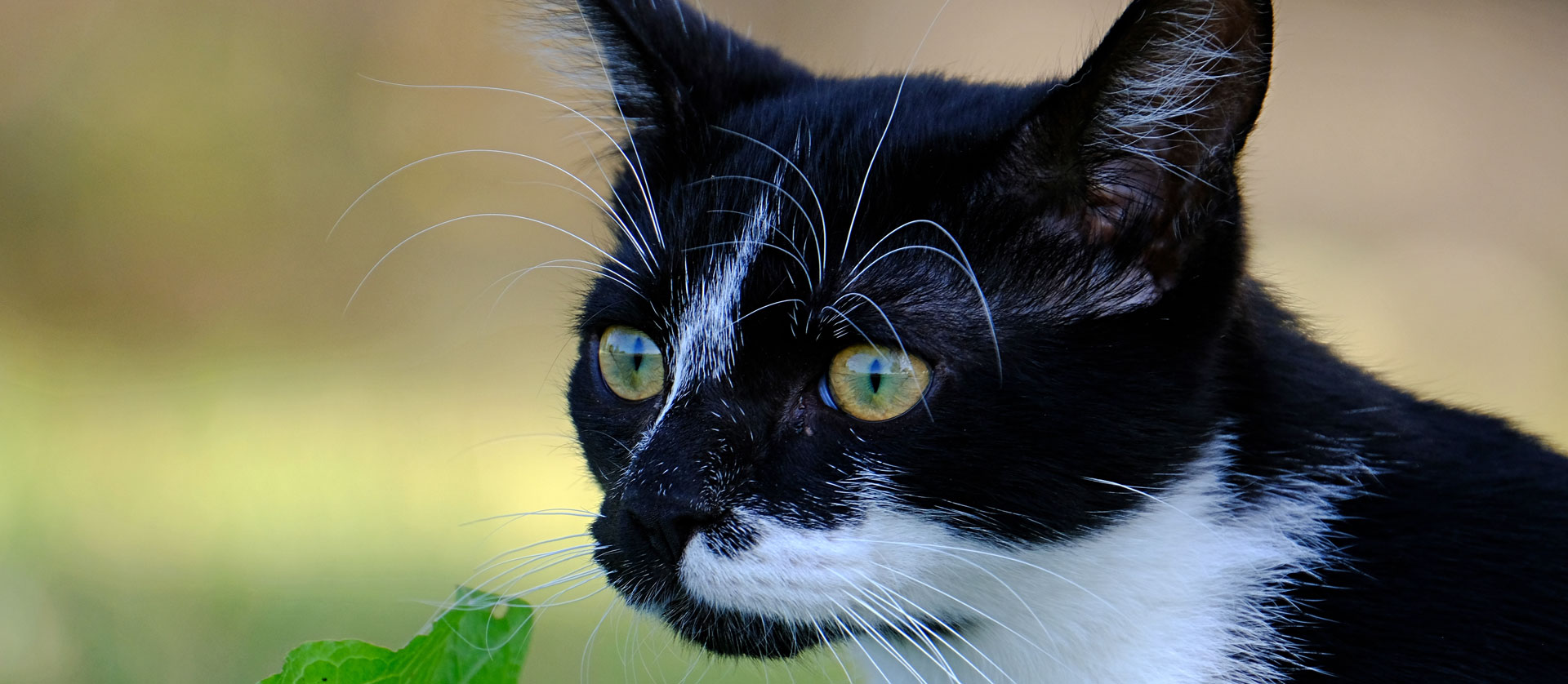Every cat owner knows the struggle of living with a cat while trying to have nice things, like carpet or upholstered furniture. Unfortunately, cats like to scratch. They do it instinctively to mark their territory, to help them stretch their agile muscles, and sometimes they even scratch the furniture out of boredom.
Whatever the reason your cat might be scratching your furniture, there are some strategies out there – that don’t include declawing – that can help you protect your furniture while caring for your favorite felines.
6 Tips to Stop Cats From Scratching the Furniture

1. Provide Better Alternatives
Invest in a high-quality scratching post for your cat and place it near their preferred piece of furniture. You can also get scratching posts that feature different materials including sisal rope, carpet, cardboard, and even sandpaper that helps with nail health. Additionally, look for posts and scratching pads that offer differently angled surfaces.
2. Claw Covers
Instead of declawing a cat, which is painful and dangerous for them, give claw caps a try. These little plastic caps are claw-shaped and fit over your cat’s nails to prevent them from scratching.
3. Scented Sprays
We don’t recommend spraying your cat as punishment, as this can lead to them fearing you, but you can spray your furniture with a cat-deterring scent.
4. Furniture Protectors
Cover your furniture with a special plastic protector.
5. Other Deterrants
Hanging foil or double-sided sticky tape from the backs of your furniture will discourage some cats.
6. More Play
It’s possible that your cat is scratching the furniture out of boredom, frustration, anxiety, or stress. Introducing more opportunities for play into your cat’s schedule and environment can help. Purchase or craft some new toys for your cat and schedule daily playtime to help your pet burn off some excess energy.


Professional Cat Behavior Advice and Product Recommendations
If you’re struggling with your cat’s behavior, we encourage you to schedule an appointment with Desert Paws Mobile Veterinary Clinic in Tucson. Whether your cat is scratching more than usual, having litter box trouble, or is acting out in other ways, behavior problems in pets can sometimes be a sign of an underlying illness or other problem.
We’ll thoroughly examine your cat to rule out possible underlying health problems that could be leading to the behavior issues. We can then provide you with a variety of strategies for improving your pet’s behavior.
To learn more or schedule an appointment at your doorstep, we welcome you to contact us today.



 Request Appointment
Request Appointment














































